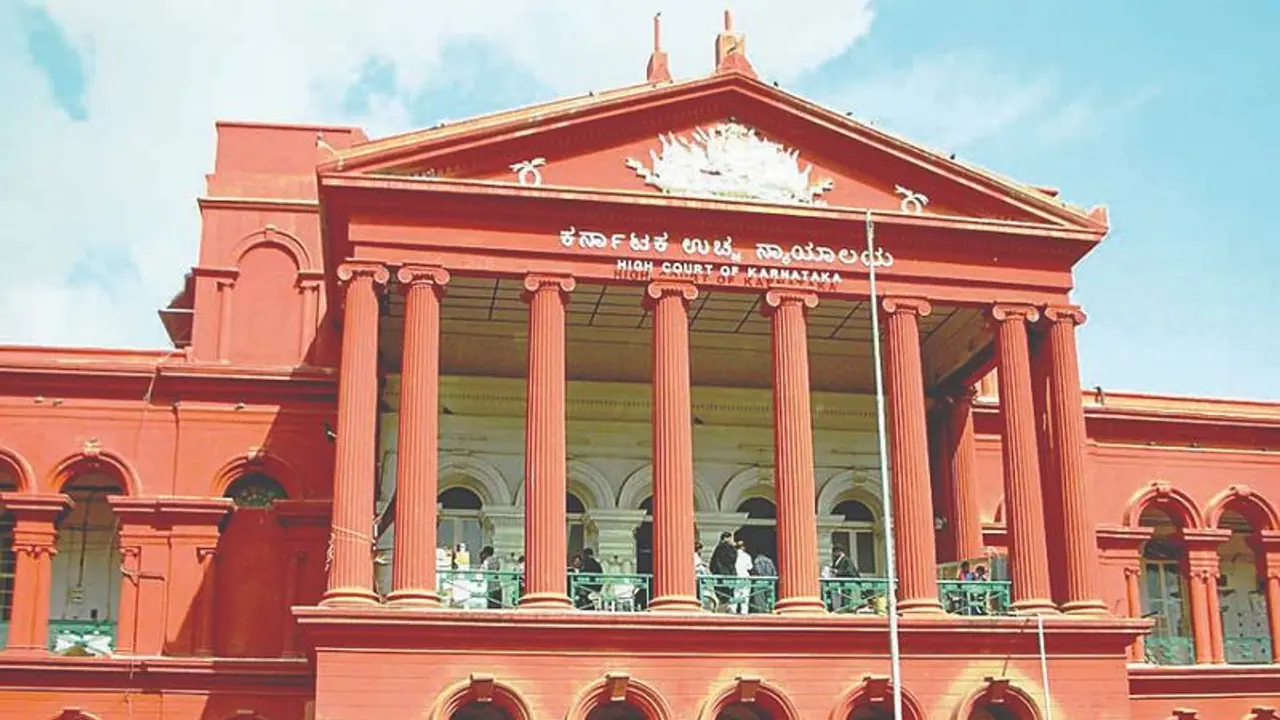The Karnataka High Court has directed the state government to amend the Birth and Death Certificate Registration Act, allowing gender and name changes in birth certificates for gender minorities. The decision follows a petition from a transgender woman, highlighting the need for legal recognition of gender identity.
Karnataka High Court has directed the state government to amend the Birth and Death Certificate Registration Act to allow gender and name changes in birth certificates for individuals from gender minorities. This special order came after the court rejected the state's argument that changes in the birth certificate were not permitted under the existing law.

The case arose when a woman, born male in 1983, filed a petition after the Mangaluru City Birth and Death Certificate Registration Registrar denied her request to change her name and gender on her birth certificate. The petitioner, who had transitioned from male to female after undergoing gender reassignment surgery, argued that the refusal to amend her birth certificate violated her rights.
Bengaluru police restrict entry to Nandi Hills on New Year's eve; Tight security in place
Justice Suraj Govindaraj, who heard the case, granted the petitioner's plea and instructed the registrar to make the necessary changes to the birth certificate within four weeks. Additionally, the court ordered the state government to amend the Birth and Death Certificate Registration Act, of 1969, to allow gender minorities to apply for changes to their birth certificates by paying the prescribed fee.
According to the case details, the petitioner was born male on April 6, 1983, and her birth certificate was registered on April 20, 1983. In 2007, she underwent gender reassignment surgery after a medical examination confirmed her female identity, despite having been born male. Following her transition, the petitioner approached the Mangaluru City Corporation’s Registrar of Birth and Death Certificates to request the update of her name and gender. However, the registrar denied her request, citing Section 15 of the Birth and Death Certificates Act, which does not allow changes in the birth certificate once issued, except for corrections of incorrect information.
Frustrated with the denial, the petitioner approached the High Court, arguing that her rights as a member of the sexual minorities had been violated. The High Court ruled that under the Sexual Minorities Act, identity certificates for sexual minorities must be issued, and birth certificates are an official document that needs to reflect their identity. The court emphasized that, according to Sections 4, 5, 6, and 7 of the Sexual Minorities Act, birth certificates should be updated for individuals from gender minorities to fulfil the intent of the law and protect their rights.
Karnataka: KPSC KAS re-examination marred by errors again, candidates demand fresh exam
The court concluded that the authorities had acted against the principles of the Sexual Minorities Protection Act by rejecting the petitioner’s request. This ruling sets a significant precedent for the rights of gender minorities and underscores the importance of legal recognition of their gender identity in official documents.
The ruling has been welcomed by activists and members of the transgender community, who hope it will lead to further legal reforms ensuring greater protection and recognition for gender minorities in Karnataka and beyond.
